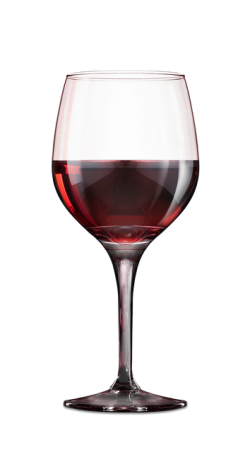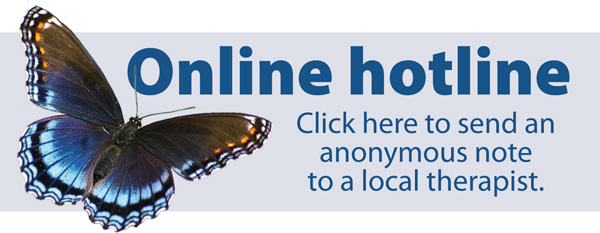
I didn’t think I had an alcohol problem, but I’m beginning to think about wine more and more often. I look forward to the end of the day so I can open a bottle. When my kids have extra-curricular activities at night, I feel disappointed that I can’t be home so I can have wine. We’re attending several holiday parties this year, but I’d honestly rather stay home and drink alone or with my husband. How do I know if what I thought was harmless drinking has turned into a problem?
By Libby Bier, MA, LPC, NCC, LADAC
It’s the holiday season and for many it’s a time of celebration with family and friends, but for those who struggle with alcohol, the holidays can be challenging. Alcohol-use disorders affect both men and women; however, a recent study by National Epidemiologic Survey on Alcohol and Related Conditions (NESARC) shows women are at increasing risk of developing an alcohol use disorder. Click here to read more about the rise of alcholism in women.
Wine has become for women what beer and vodka has been for men. There are a growing number of middle-aged, working-class mothers and wives who find themselves going from the occasional glass of wine to relax to needing a bottle of wine to get through each night. As we see more women in the workforce, there is also an increasing trend in women feeling an obligation to join in the after-hours work activities as well.
People may think that an alcoholic is someone who drinks hard liquor alone and is unable to maintain work or pay their bills. Some may think that women who drink too much alcohol are not able to care for their children and just sleep all day or party all night. While there are women who do have overt signs of an alcohol problem, there are many who are able to hide their problems well.
Women are often able to maintain their careers and work at home. Many are able to keep their drinking secretive because they complete their obligations. Women may rationalize their drinking by saying, “A glass of wine is harmless fun or relaxation and, in fact, is good for my health.”
There are many warning signs for high-risk drinking and possible alcohol addiction. While not everyone who drinks alcohol has a problem, women with an alcohol-use disorder are more likely to feel depressed, stressed, overwhelmed, and hopeless about the future. They are more likely than their male counterpart to have poor self-esteem and turn to alcohol to cope.
Women are also more likely to hold negative feelings in, which results in feeling more guilt, anxiety, and depression. There is no definitive amount of alcohol or type of alcohol that defines an alcohol-use disorder, but drinking alone or drinking more than two drinks on most days is also a dangerous sign for high risk drinking. These symptoms can be further intensified during the stressful holiday season.
During the hurried hustle and bustle of the holiday season, women may not take the extra needed time for themselves. From extra expenses and last minute gift shopping, to visiting with extended family, life becomes crazier. Women can find themselves turning to alcohol to cope with this unbalanced living. Learning healthy ways to cope with stress and addressing issues of life balance are the keys during this busy time of year.
Alcohol-use disorders, like all addictions, are treatable. Some people begin their recovery by seeking professional help to learn more about their mental health and substance abuse issues and gain skills necessary to cope with life’s stressors without the use of alcohol.
Ozark Guidance offers co-occurring services for individuals struggling with mental health and/or substance use issues. For more information about services for you or a loved one visit our website at www.ozarkguidance.org or contact us at 479-750-2020.
Therapists at Ozark Guidance would be happy to answer your questions and read what’s on your mind. Click the butterfly icon below to fill out an anonymous submission form with your question or concern. The form contains NO identifying information and is designed to give local women an online place to share concerns with a person qualified to offer feedback.
 Disclaimer: This RESPONSE does not provide medical advice It is intended for informational purposes only. It is not a substitute for professional medical advice, diagnosis or treatment. Never ignore professional medical advice in seeking treatment because of something you have read on nwaMotherlode or Ozark Guidance websites.
Disclaimer: This RESPONSE does not provide medical advice It is intended for informational purposes only. It is not a substitute for professional medical advice, diagnosis or treatment. Never ignore professional medical advice in seeking treatment because of something you have read on nwaMotherlode or Ozark Guidance websites.





